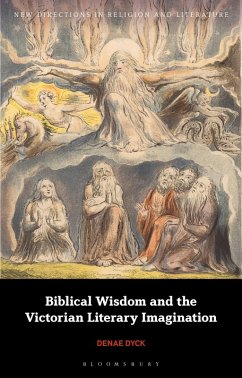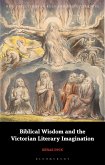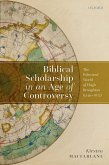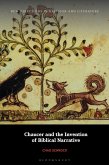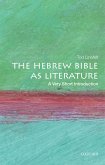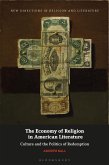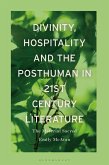Examining the creative thought that arose in response to 19th-century religious controversies, this book demonstrates that the pressures exerted by historical methods of biblical scholarship prompted an imaginative recovery of wisdom literature.
During the Victorian period, new approaches to the interpretation of sacred texts called into question traditional ideas about biblical inspiration, motivating literary transformations of inherited symbols, metaphors, and forms.
Drawing on the theoretical work of Paul Ricoeur, Denae Dyck considers how Victorian writers from a variety of belief positions used wisdom literature to reframe their experiences of questioning, doubt, and uncertainty: Elizabeth Barrett Browning, George MacDonald, George Eliot, John Ruskin, and Olive Schreiner. This study contributes to the reassessment of historical and contemporary narratives of secularization by calling attention to wisdom literature as a vital, distinctive genre that animated the search for meaning within an increasingly ideologically diverse world.
During the Victorian period, new approaches to the interpretation of sacred texts called into question traditional ideas about biblical inspiration, motivating literary transformations of inherited symbols, metaphors, and forms.
Drawing on the theoretical work of Paul Ricoeur, Denae Dyck considers how Victorian writers from a variety of belief positions used wisdom literature to reframe their experiences of questioning, doubt, and uncertainty: Elizabeth Barrett Browning, George MacDonald, George Eliot, John Ruskin, and Olive Schreiner. This study contributes to the reassessment of historical and contemporary narratives of secularization by calling attention to wisdom literature as a vital, distinctive genre that animated the search for meaning within an increasingly ideologically diverse world.

